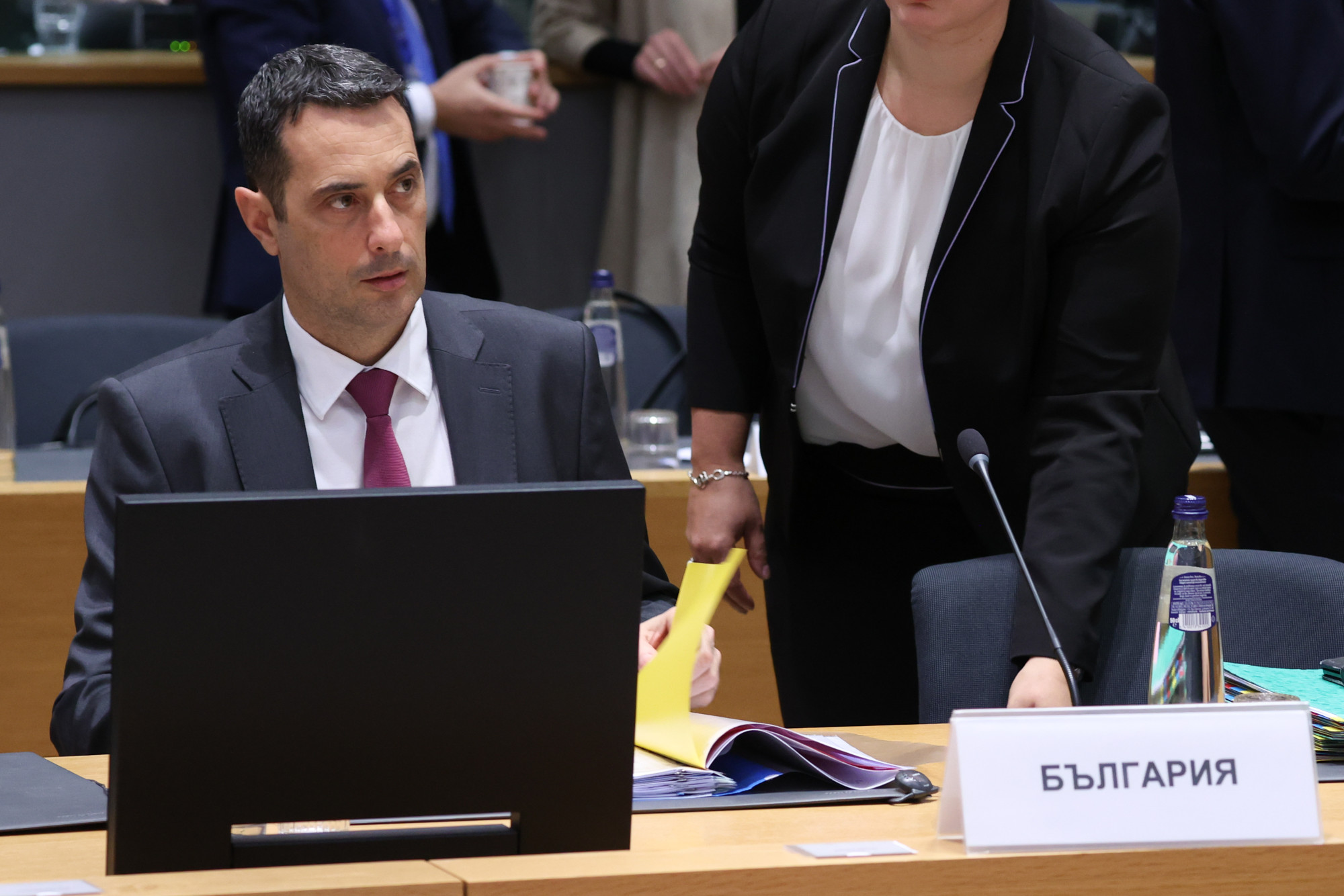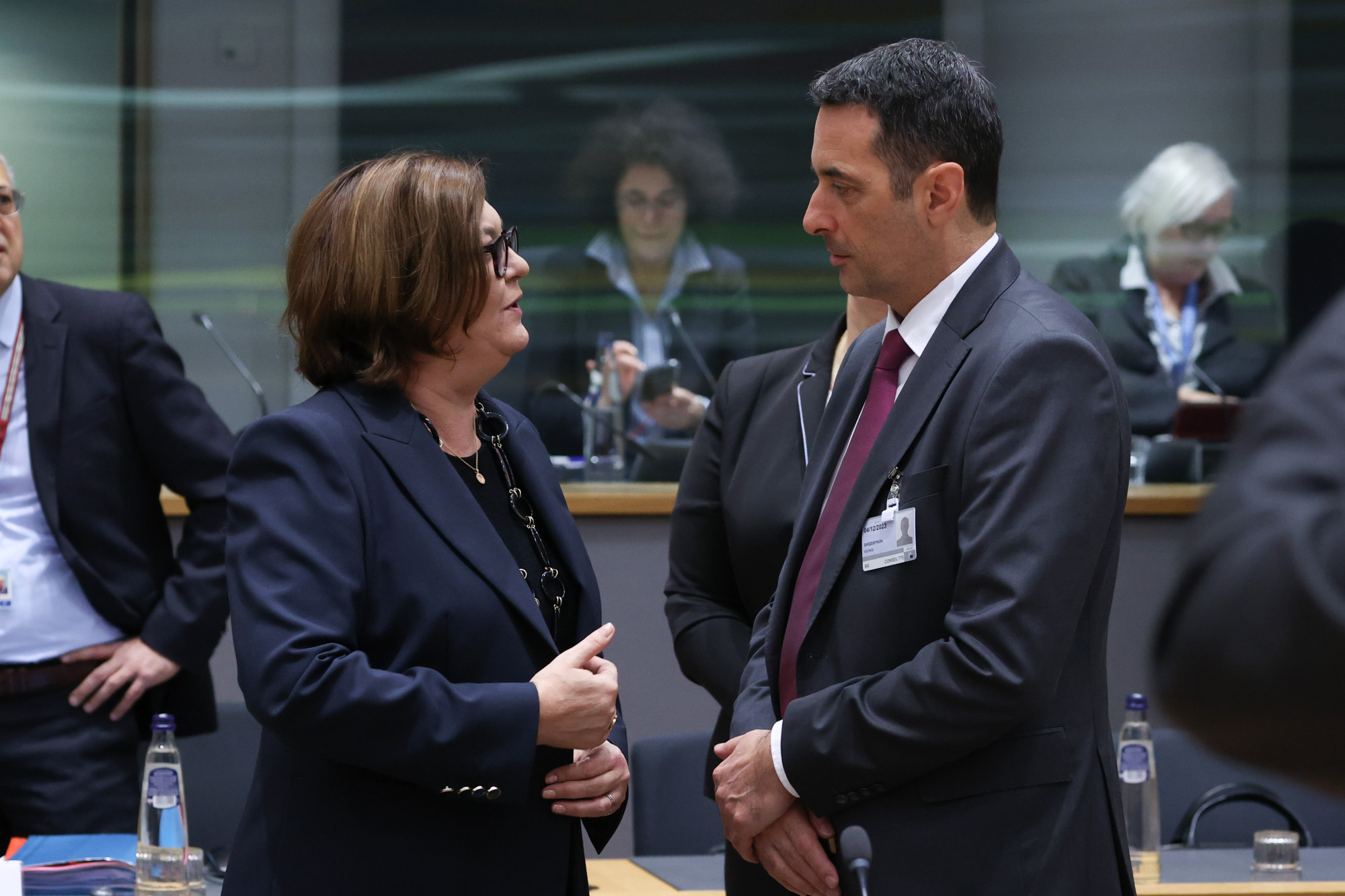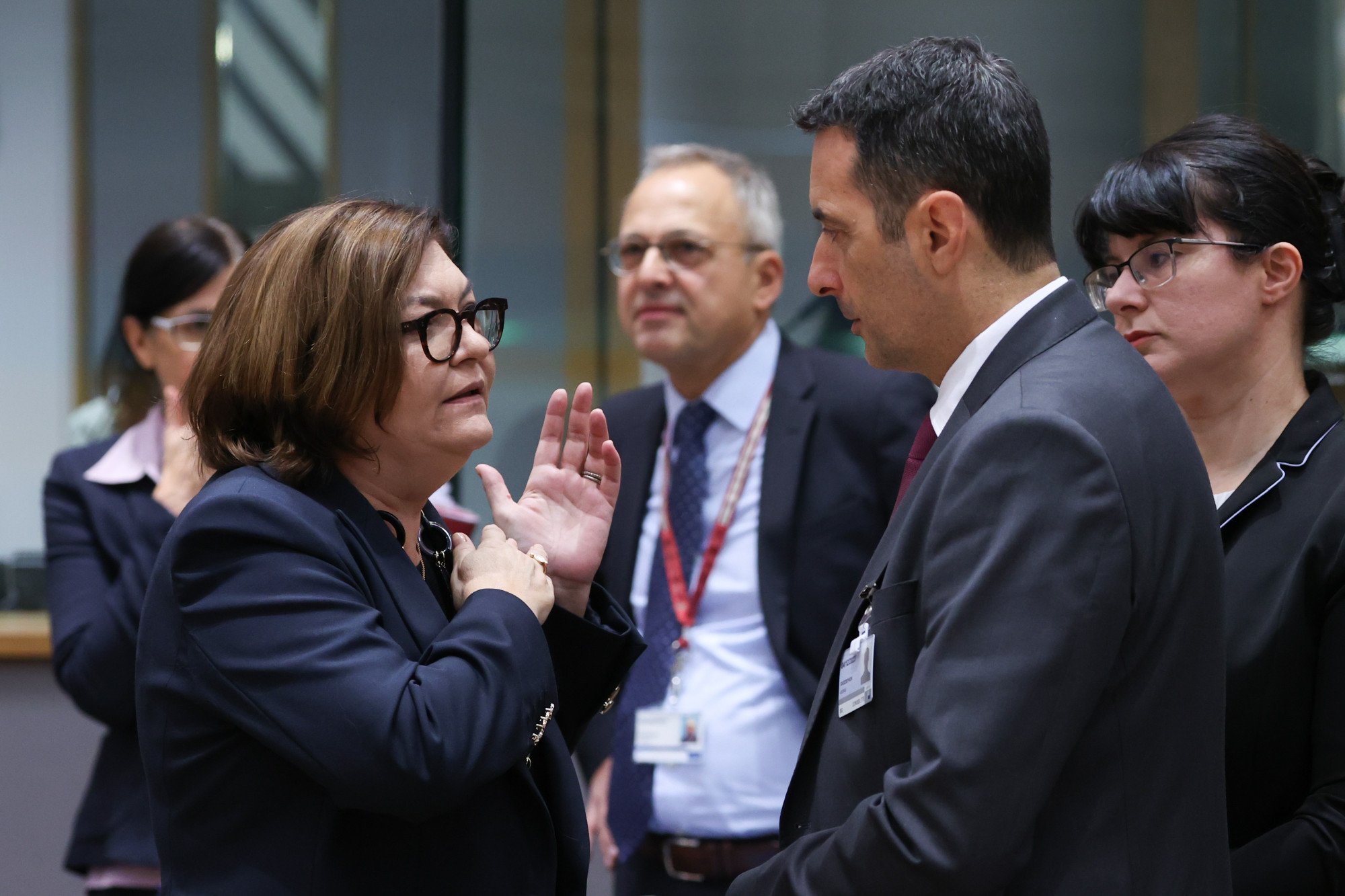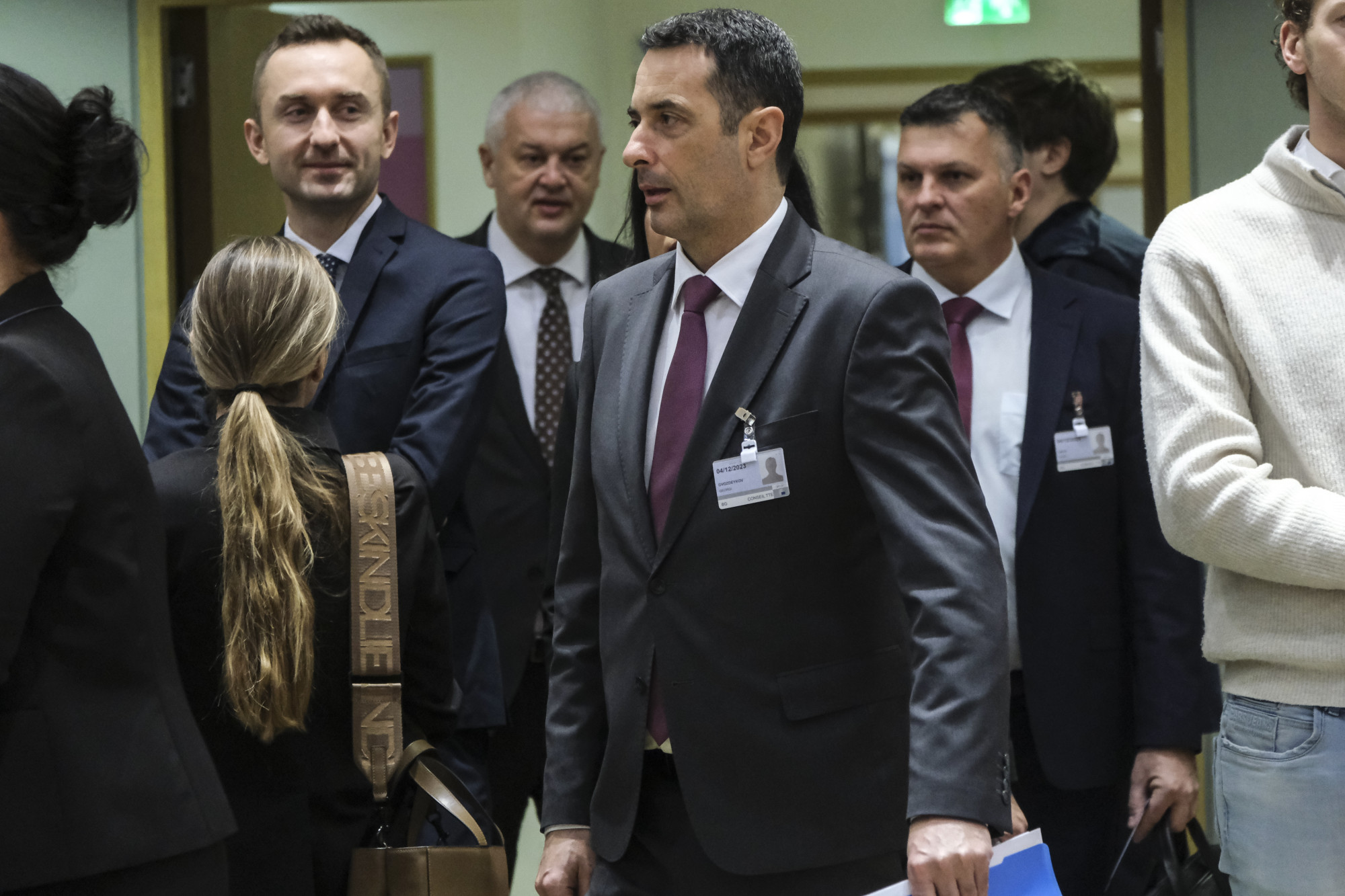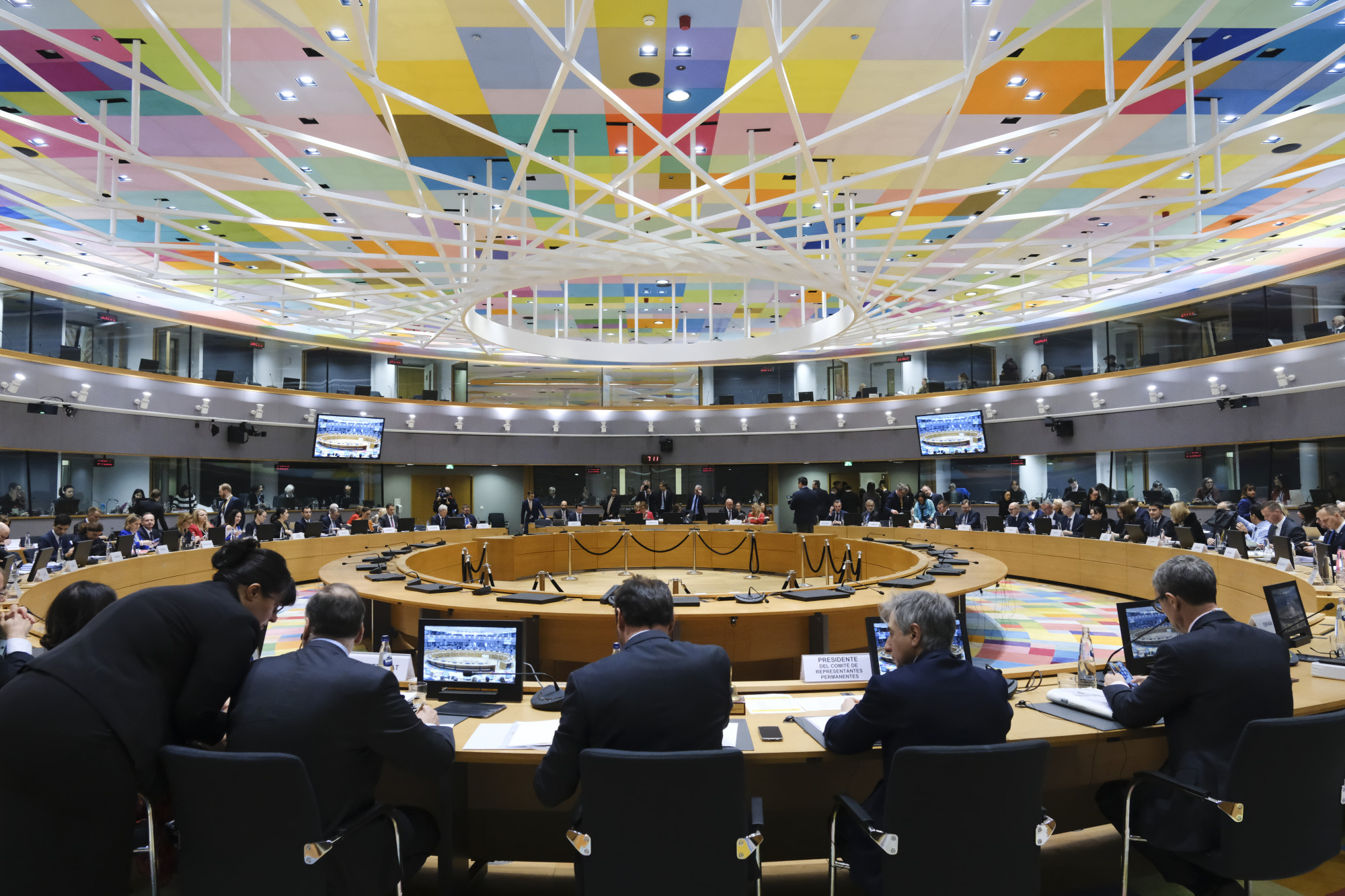From the very first days of its mandate, the Bulgarian government put road safety among the important priorities of its work. This is what Transport and Communications Minister Georgi Gvozdeykov said in Brussels during today's meeting of the Transport, Telecommunications and Energy Council of the European Union.
‘We appreciate the new provisions in the Driving Licence Directive on minimum standards of physical and mental fitness,’ said Minister Georgi Gvozdeykov said. The proposed texts of the Directive provide for a clearer description of the verification of physical and mental fitness to drive before the issue and renewal of driving licences. It shall be possible to introduce mechanisms at national level to oblige the driver to inform of a change in his/her medical condition or physical and mental fitness, not only when reissuing or renewing a driving licence.
Bulgaria also supported the proposed changes to the Directive to facilitate cross-border exchange of information on traffic offences. ‘Increasing the efficiency of the payment of fines for road traffic offences will have a preventive effect and will further contribute to achieving the set targets for improving road safety. The Bulgarian side supports the proposed texts, which we believe are well balanced,’ the Transport Minister pointed out. He added that mutual assistance between Member States is of great importance in order to reduce the number of road traffic offences and to achieve the common objectives of reducing road accident casualties.
Minister Georgi Gvozdeykov stressed that the Bulgarian side has a more critical reading of the texts on driving and rest times for occasional passenger transport. ‘We support the improvement of control activities, but believe that the additional requirements envisaged will lead to a disproportionate administrative burden. In order to achieve a better balance in the texts, it is appropriate to lower the threshold for benefiting from the derogation (Article 8). The same should correspond to the average duration of an occasional passenger transport of 4 days’, Georgi Gvozdeykov said.
Ministers also discussed the proposal for a Regulation on greenhouse gas emissions from transport services. During the meeting, changes to the directive on maximum permissible dimensions in national and international traffic of certain road vehicles were discussed.
Changes to the Port State Control Directive and the Directive establishing the basic principles governing the investigation of accidents in the maritime transport sector were also discussed. On these issues the Bulgarian position is in full synchrony with the European one.
During the talks, Minister Georgi Gvozdeikov pointed out that in order to strengthen connectivity and overcome the various geostrategic challenges it is necessary to increase the budget of the Connecting Europe Facility, especially in the military mobility part.
‘Building a network of intermodal cross-border infrastructure is part of Bulgaria's efforts to improve north-south connectivity. An important project to achieve this goal is the construction of a new bridge over the Danube at Ruse’, Georgi Gvozdeykov said. He also highlighted the key role of Corridor 8 for the integration of the Western Balkans into the EU and for the establishment of an important transport link between the Black and Adriatic Seas. ‘In the course of the revision of the TEN-T Regulation, the preservation of Corridor 8 as part of the European transport corridor ‘Western Balkans/Eastern Mediterranean’ should be guaranteed,’ Minister Georgi Gvozdeykov added.


